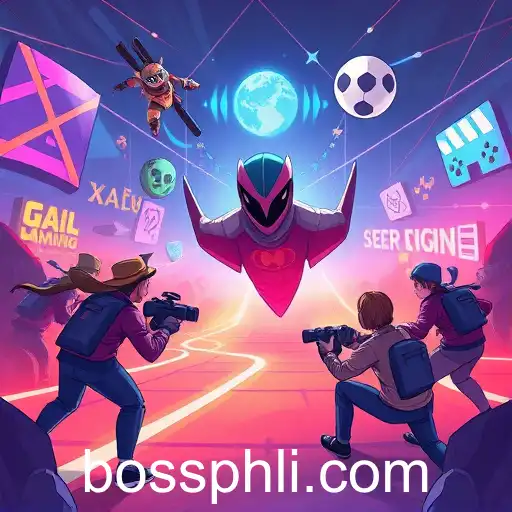
In recent years, blockchain technology has made significant strides in various sectors, and the gaming industry is no exception. With the rise of Web3, the integration of blockchain into gaming platforms is not just a trend but a transformative shift in how games are developed, distributed, and played. One of the platforms seeing this revolution is bossphl, which has positioned itself at the forefront of this tech-driven evolution.
Blockchain offers unparalleled benefits such as transparency, security, and the ability to create decentralized ecosystems. These advantages are particularly appealing in the gaming world, where issues like fraud, opaque transactions, and lack of player ownership have long been challenges. With blockchain, players gain true ownership of in-game assets, often represented as NFTs (Non-Fungible Tokens), allowing for greater control and potential real-world value.
The dynamics within bossphl exemplify this shift. By leveraging blockchain, bossphl provides gamers with a secure environment where digital assets are transparent and transactions are immutable. This not only enhances trust but also opens new avenues for player engagement and economic models in gaming. Moreover, the platform is exploring innovative ways to integrate decentralized finance (DeFi) elements, offering players new monetization avenues.
However, the rapid integration of blockchain in gaming also comes with its own set of challenges. There is an ongoing debate about the environmental impact of blockchain technologies due to their high energy consumption. Gaming platforms are exploring more sustainable options, including the transition to less energy-intensive consensus mechanisms like proof-of-stake.
In conclusion, as we move further into the era of Web3, platforms like bossphl are not just adapting to changes but are actively shaping the new gaming landscape. The adoption of blockchain technology heralds a new chapter for gamers and developers alike, promising a more open, secure, and engaging virtual world.


